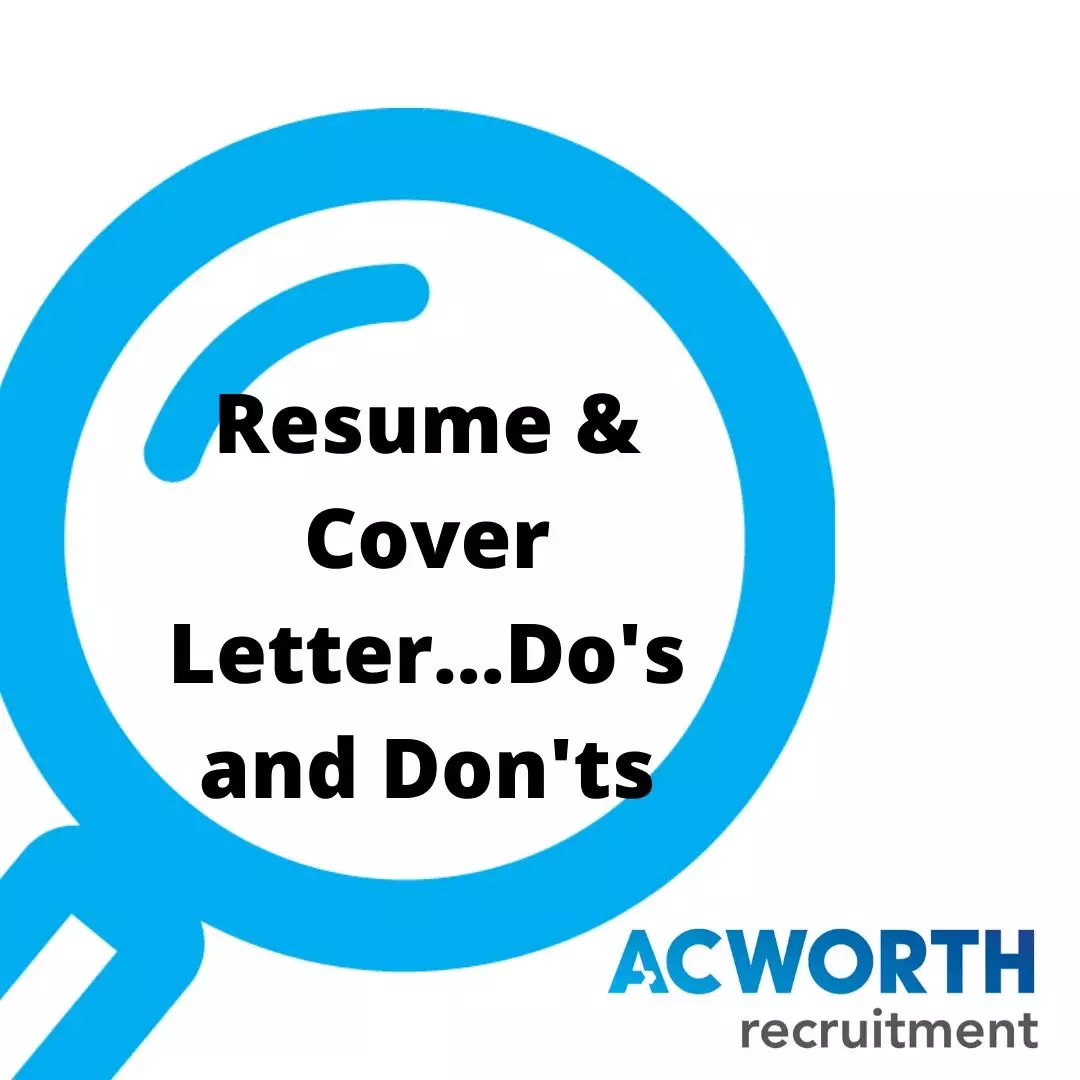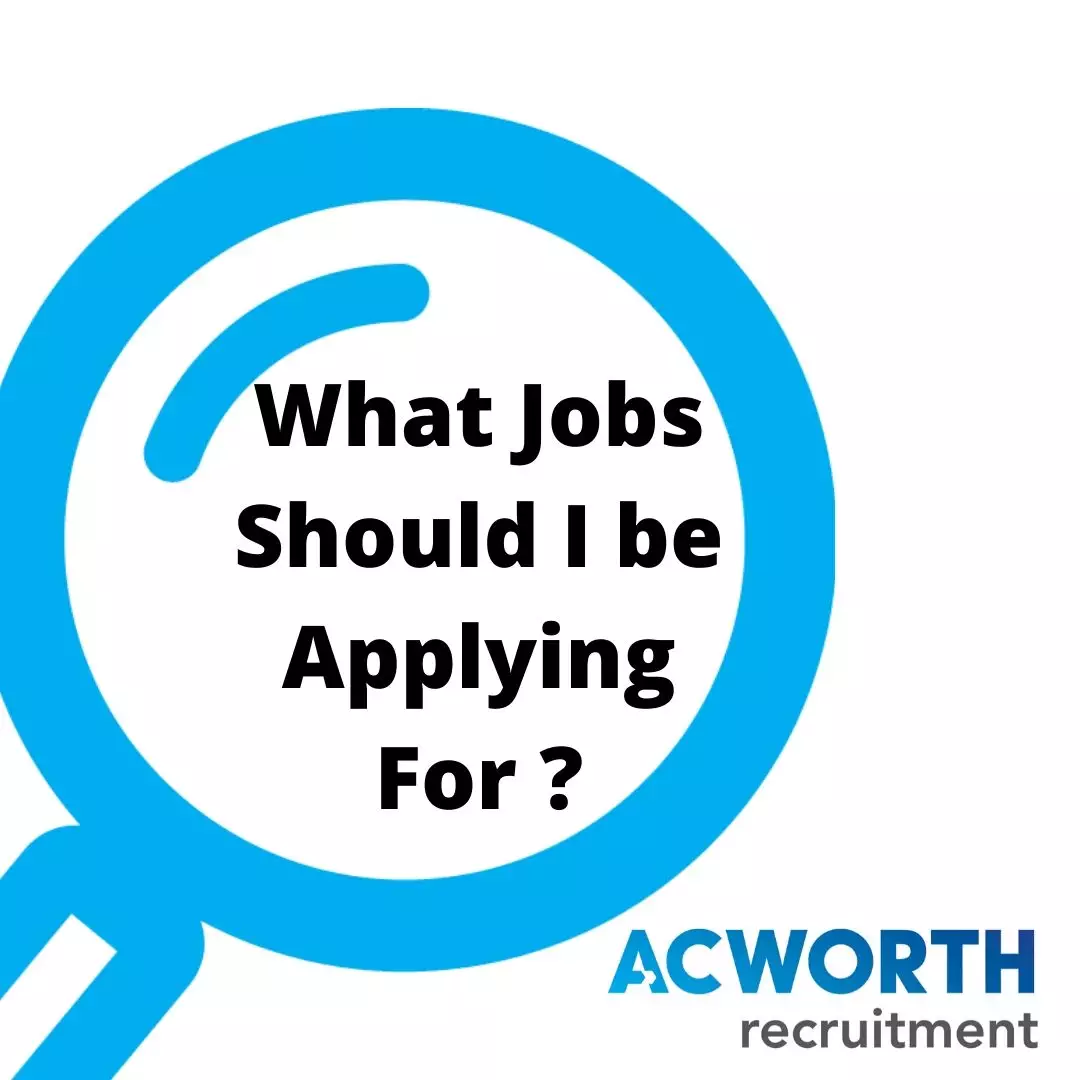Surviving a Tidal Wave of Applications is one thing……But what do you do when you’ve posted your ad on SEEK……You know what you’re looking for and are DESPERATE for the Perfect Candidate……. but not a soul’s applying!!!
The approach to ATTRACT quality CANDIDATES has changed quite significantly over the past 10-15 years. Gone are the days when almost everyone would have a scan through the Employment Pages of the Newspaper over a cup of coffee on the weekend…. I have absolutely no idea when I would have last purchased a newspaper……and I’m no Gen Y!!! However, EVERYTHING is online now (both desktop &mobile).
In the Land of Recruitment, we tend to classify POTENTIAL CANDIDATES in two very general categories:
- ACTIVE – These are the candidates that are highly motivated to finding a new job, actively searching on SEEK, Indeed, etc. and submitting applications.
- APPROACHABLE PASSIVE – These candidates are not 100% happy in their current role, but since it still ticks enough boxes for them, they are NOT regularly monitoring job sites.
Your SEEK advertisement is targeted towards ACTIVE Candidates – you need potential candidates to see the advertisement and decide to apply. So how do you make sure that the TAP is actually working properly……
When you have no suitable candidates applying……
TIP #1 Check the Category and Sub-Category the ad is Listed Under – Do a Job Search yourself for similar positions, and check which categories they are under.
Candidates also search via Job Title so….
TIP #2 Take another look at the Job Title you’re using for the ad – how does it compare to other similar roles being advertised.
The other major factor for Active Job Seekers is the Salary so……
TIP #3 Research on what others are paying or offering for similar roles and offer comparable Market Rates!!! You can again use SEEK to search using salary parameters……. or refer to options such as the Hays Salary Guide.
Now, you’ve checked the TAP is fully functional – but there’s still NO FLOW!!!
“Research shows that three-quarters of the fully-employed workforce around the world consider themselves passive candidates, or not actively looking for their next job – with a whopping 45% totally open to considering a new opportunity when approached”.
Leela Srinivasan, LinkedIn Talent Blog, March 5, 2014
How do you tap into this HIDDEN OASIS of people who are open to considering a new opportunity if approached…… and how do you approach them???
My First Suggestion would of course be to contact kim@acworthrecruitment and pass that over to us 😉 🙂
But for those who have the time, Social Media and Web Based Job Boards make this option easier now days.
To source a readily available POOL of candidates……
TIP #4 Access SEEK Talent Search – This system automatically compiles a list of potentially suitable candidates based on details outlined in your advertisement. You can then use various criteria to fine tune this list. SEEK provides various options for you to then “approach” these candidates. This is a FREE Inclusion when you place an ad on SEEK…. but restricts the number of people you can approach.
LinkedIn provides the ability to “link” with a SEA of professionals so…….
TIP #5 Subscribe to LinkedIn Talent Finder – Now you must note that this operates on a monthly subscription, which ranges from $130 – $140 per month. So basically, it’s really aimed at those who hire on a regular basis (like Moi). You can conduct general searches without the Talent Finder subscription. However, Talent Finder provides a wider search with more specific criteria.
Over the past 3 years, I’ve successfully sourced Approachable Passive Candidates for my clients, with the most recent person starting her new role in five weeks.
A recent area of growth is BOOLEAN SEARCHING across social media and databases. Through this you can reach an OCEAN of passive candidates. Now I’m not even going to attempt to explain this – It’s too complex, and I barely understand it myself, so feel free to have a search online to find out more.
To conclude, although advertising your Job Vacancy is a cost effective “must do” that often provides you with that great new employee…. You must be open to the idea of looking at other Sourcing Options in order to “Tap into” the Hidden Oasis of Passive Candidates. It is important to note that the negative connotations associated with “Headhunting” and “Poaching” are fast becoming a thing of the past. If people are genuinely happy in their current role (and it meets their needs) – they will be the 15% that WON’T MOVE….. it’s up to Managers and Business Owners to be in tune with their staff (more on this in my next blog).
Make sure you’re following on Facebook (https://www.facebook.com/p/Acworth-Recruitment-100064548678092) and check out the Acworth Recruitment website as I’ll share some other great tips and information.








